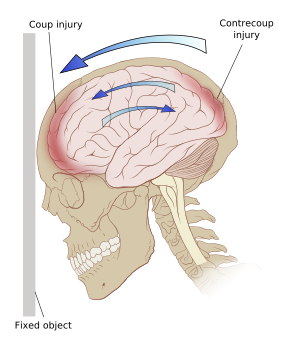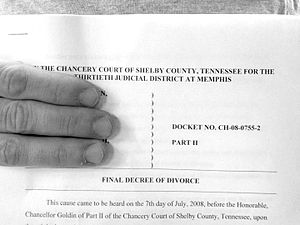
Image by Tony Trần via Flickr
A divorce can be hard on every member of a family. It is a well-known statistic that 50% of marriages in America end in divorce. If you are going through the unfortunate experience, the first thing you need to do is make sure your children are protected from the experience.
Your approach to the subject will depend on the age and maturity of your children. If you believe your children are mature enough to handle the situation, then you should sit down with them and tell them exactly what is happening. It is never a good idea to lie to your child. If your child is too young or unstable to deal with the situation, you should be delicate with them, but you still should not lie to them about it.
You should also consider having your child or children see a Councelor. Counseling may not seem necessary at the time, but it is very important that your child has someone to talk to that is not involved in the situation. If your child is really not in need of much counseling, you should still research good Councelors in your area so your child will have the option of talking to someone if they need to in the future.
You certainly love your children, so it is very important to help them through this situation. It is easy for a divorce to harm children, especially if they think it is their fault. Protecting your children needs to be one of your first concerns in a divorce.










